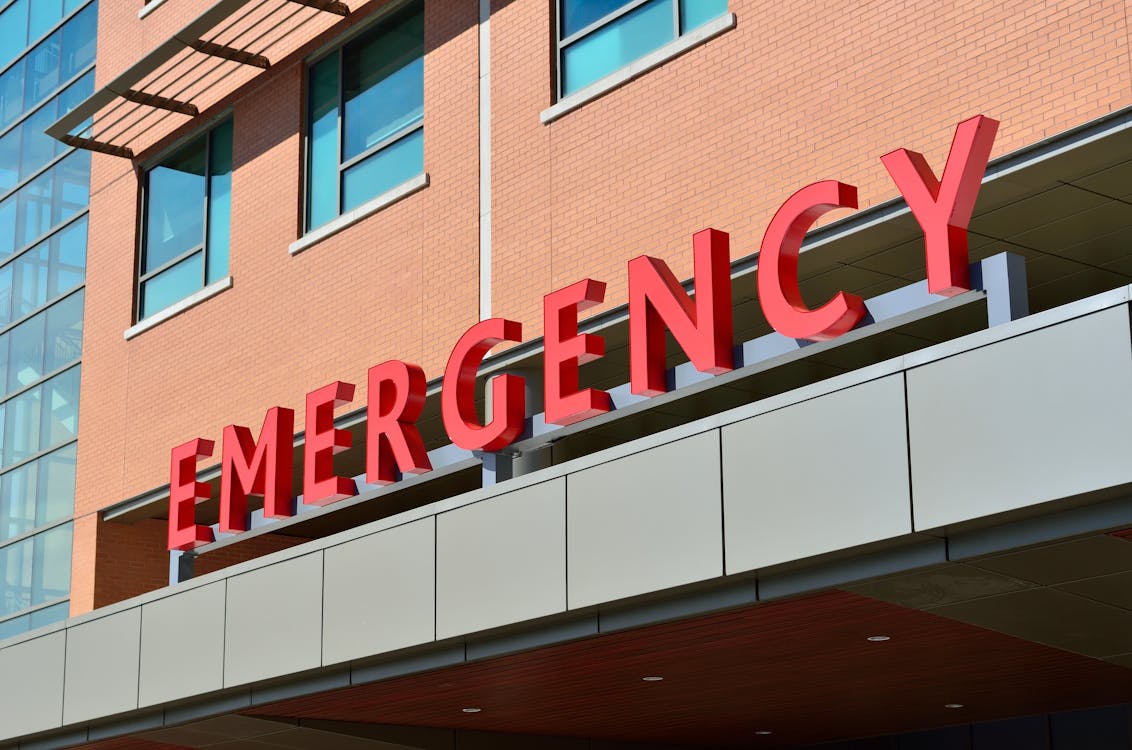
UK Covid cases up 32%
Summary
- Covid infections in the UK jump by 32% in a week, latest data from the Office for National Statistics shows
- Weekly coronavirus figures show 2.3m infections were recorded in the week to 24 June up from 1.7m the week before
- This is the highest estimate for total infections since late April but the impact on hospitals remains limited
- Across the UK, one in 30 people in England and Wales, one in 25 in Northern Ireland and one in 18 in Scotland have the virus
- Two sub-variants of Omicron – called BA.4 and BA.5 – are driving new infections in the UK and elsewhere
- People can catch the newer variants even if they have had coronavirus recently
- But vaccines are still offering strong protection against severe illness and the new variants are not thought to be any more dangerous
- The Office for National Statistics says infections jumped by 32% in a week
- During the week ending on 24 June, 2.3 million infections were recorded across the UK
- One in 30 people in England and Wales, one in 25 in Northern Ireland and one in 18 in Scotland have the virus
- Experts say two sub-variants of Omicron – called BA.4 and BA.5 – are driving the new infections in the UK and elsewhere
- Today’s figures come from a random selection of tens of thousands of people taking Covid tests, regardless of whether they had symptoms
- People can catch the newer variants even if they have had coronavirus recently.
- Vaccines are still offering strong protection against severe illness and the new variants are not thought to be any more dangerous
- Sir Jonathan Van-Tam, England’s former deputy chief medical officer, told the BBC the Covid situation now “is much, much, much closer to seasonal flu”
- Autumn booster shots will be offered to anyone over the age of 65, health and care staff, and adults aged 16-64 who are particularly vulnerable to severe Covid

Rise in cases causing NHS work force problems, says doctor

Rise in cases causing NHS work force problems, says doctor
The president-elect of the Royal College of Emergency Medicine says he is concerned about work force problems as Covid infections rise.
Dr Adrian Boyle says there has been a “modest rise” in hospitalisations, but the “big problem” was people being unable to work because they have coronavirus.
“What we’re seeing is lots of staff off and that’s creating lots of problems that we can’t open wards, we don’t have enough beds.”
He told the BBC that these consequences were leading to emergency departments filling up and long waits for ambulances.
“The waits [for ambulances] we’ve had in April and May have been much longer than we’ve seen in winter periods in previous years,” said Dr Boyle.
“We’re getting pretty worried about [staff] burnout.
“I’m worried about nursing staff working in hospitals getting pretty fed up and beginning to walk away.”








